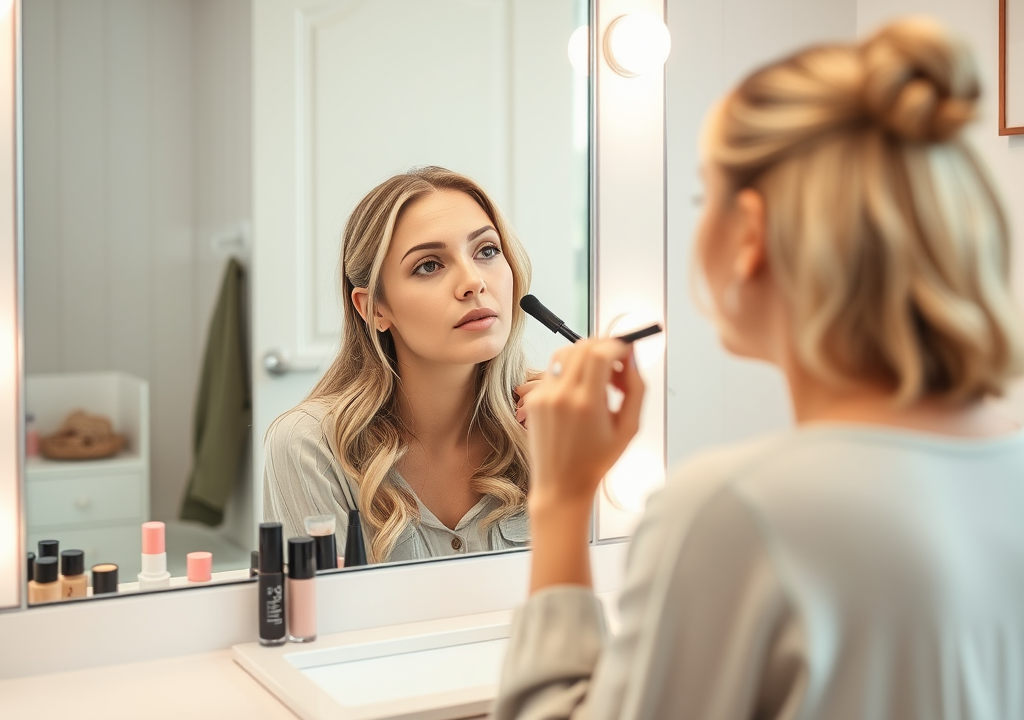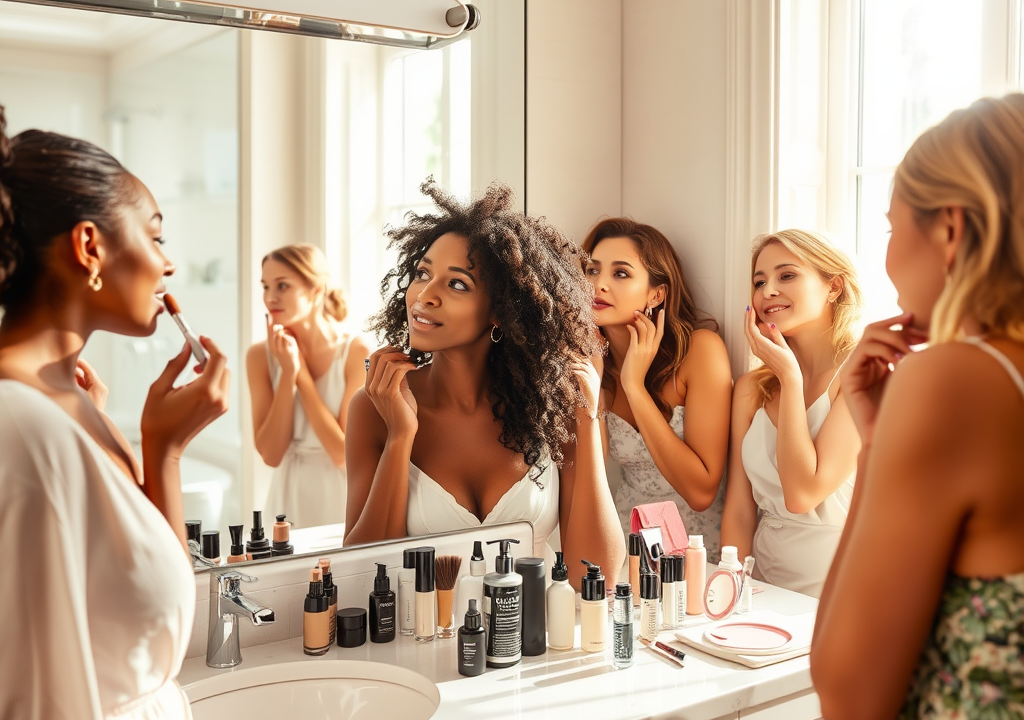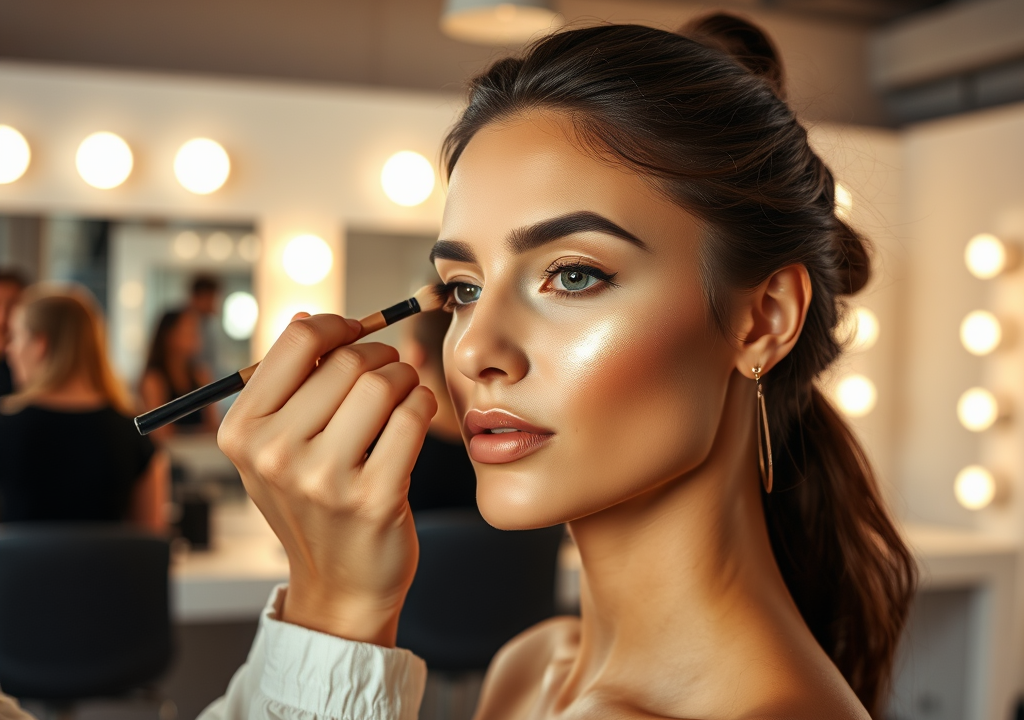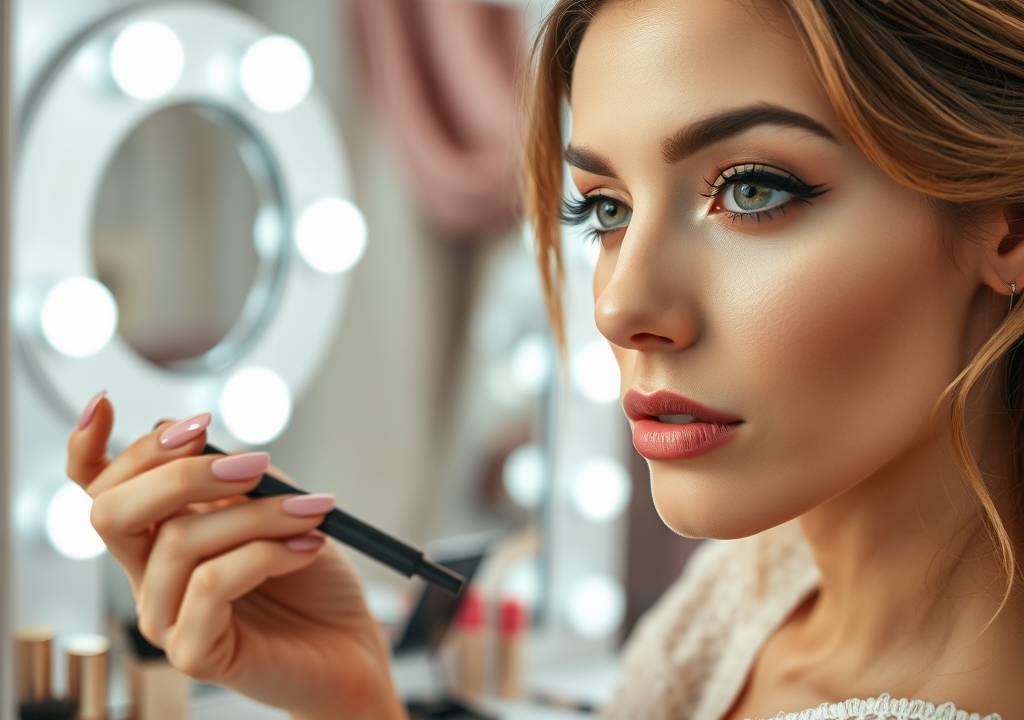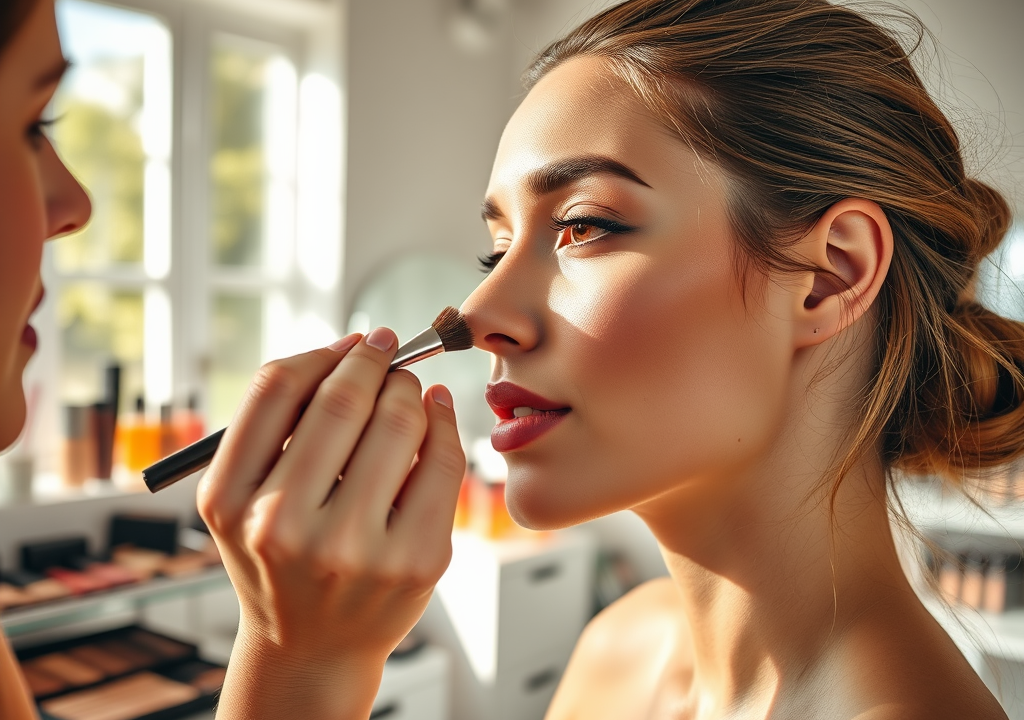Your lips are often the most forgotten aspect of skincare, overlooked even with the growing popularity of cosmetic products. Many of us suffer from the discomfort of dry, cracked lips without realizing that maintaining their hydration is crucial for our overall appearance and comfort. The truth is, our lips are more delicate than the skin on our faces and bodies. Thus, they require special care and attention. In this guide, we will explore simple yet effective strategies to help you keep your lips soft, smooth, and moisturized, regardless of the season or your lifestyle. You’ll learn about natural remedies, the best lip care products, and everyday practices that can transform your lip health.
Understanding Lip Anatomy
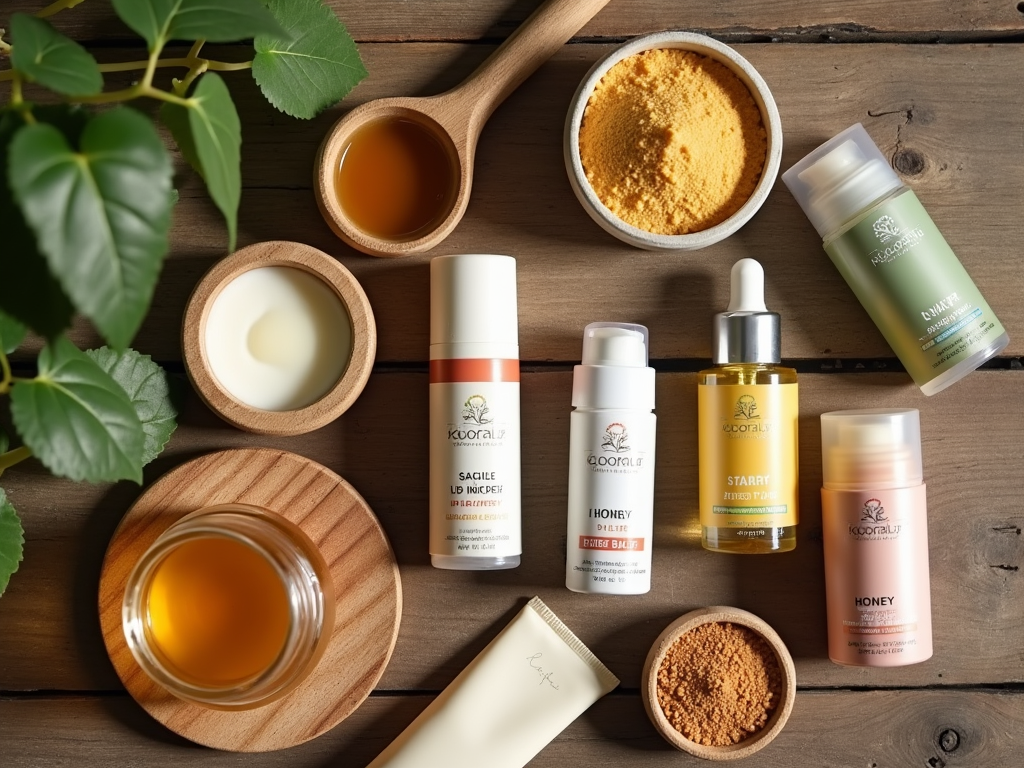
The lips are made up of three layers: the outer skin, the inner mucosa, and a thin layer of muscle. Unlike other skin regions, the lips lack oil glands, which means they don’t produce natural oils. This absence makes them particularly prone to drying out and chapping. Additionally, the skin on your lips is much thinner; it’s approximately three times thinner than that on your face. This vital characteristic underscores why lips require extra hydration and protection. Without adequate care, they can become irritated, leading to painful cracks and an unappealing appearance.
Causes of Dry Lips

Understanding the various factors contributing to dry lips is essential. Several environmental conditions can strip moisture from your lips, such as cold winter air, harsh winds, and intense sun exposure. Likewise, your lifestyle choices matter. Dehydration, poor diet, and habits like licking your lips can exacerbate issues of dryness. Additionally, certain health conditions, such as allergies or skin disorders like eczema, can dry out and irritate the lips further. Knowing these causes allows for targeted preventative measures.
Environmental Factors
- Cold weather can strip moisture from your skin.
- Windy conditions may enhance lip irritation.
- Sun exposure can lead to a sunburned effect on your lips.
Lifestyle Choices
- Inadequate water intake leads to overall dehydration.
- Vitamin deficiencies may weaken your skin barrier.
- Habits like lip licking can create a cycle of dryness.
Essential Ingredients for Lip Moisturizers
The right lip moisturizer is vital for keeping lips hydrated. When choosing lip products, always check for beneficial ingredients. Natural oils, such as coconut oil, jojoba oil, and almond oil, are excellent for sealing in moisture. They offer lightweight hydration without the greasy after-feel often experienced with heavier creams. Moreover, butters like shea butter and waxes, including beeswax, serve as natural barriers, preventing moisture loss. These ingredients create a powerful mix that not only hydrates but also protects your lips throughout the day.
| Ingredient | Benefit |
|---|---|
| Coconut Oil | Hydrates and provides a soft texture. |
| Shea Butter | Repairs and conditions lips, offering deep moisture. |
| Beeswax | Acts as a protective seal against environmental aggressors. |
Best Practices for Lip Care
Maintaining luscious lips doesn’t have to be complicated. Start with regular hydration; drinking at least eight glasses of water daily is fundamental. Aim to establish a nightly routine of applying high-quality lip balm before bed to wake up to soft lips. Exfoliation is also crucial. Gentle scrubbing can remove dead skin cells and foster a smooth surface for lip products to penetrate. You can use natural DIY exfoliants, such as a mixture of sugar and honey, to enhance your exfoliation process. Finally, the right lip products should be non-irritating, free from synthetic ingredients, and applied regularly, especially after meals and before going outdoors.
- Drink plenty of water throughout the day.
- Apply a lip balm containing natural ingredients regularly.
- Gently exfoliate your lips once a week.
Seasonal Care for Lips
As seasons change, so should your lip care strategies. In winter, protect your lips from dryness and chapping by opting for heavy-duty balms that provide a robust layer of moisture. You might consider using a humidifier at home to combat dry indoor air. Conversely, during the hot summer months, choose lip products that contain SPF to shield against harmful UV rays. This is essential since exposure can lead to sunburned, peeling lips and long-term discoloration. Applying these seasonal strategies ensures that your lips maintain optimal hydration year-round.
Natural Remedies for Lip Hydration
Home remedies can be surprisingly effective in retaining lip moisture. Consider incorporating DIY lip masks into your regimen. A simple blend of honey and olive oil works wonders due to honey’s natural humectant properties. Combining equal parts of sugar and olive oil can create an effective natural scrub that not only exfoliates but also hydrates. Additionally, using aloe vera gel on your lips can provide soothing relief while keeping them moisturized. The hydration from these natural ingredients means you can keep your lips soft without relying solely on cosmetic products.
Conclusion
In conclusion, maintaining soft, hydrated lips is achievable through a combination of understanding lip anatomy, recognizing the causes of dryness, and adopting effective care practices. Regular hydration, selecting the right ingredients, and incorporating both purchased products and home remedies can transform your lip care routine. Create a personalized lip care strategy that suits your lifestyle, and you’ll be well on your way to maintaining beautiful, healthy lips for years to come.
Frequently Asked Questions
- What is the best lip balm for dry lips? Look for balms containing natural oils and butters; avoid those with artificial fragrances or alcohol.
- How can I prevent my lips from getting chapped? Stay hydrated, avoid licking your lips, and use a quality lip balm regularly.
- Can I use face moisturizers on my lips? It’s generally not recommended as facial moisturizers may contain ingredients that could irritate the delicate skin on your lips.
- Is it normal for lips to peel? Yes, mild peeling can happen, but excessive peeling may indicate dehydration or allergy.
- How often should I apply lip balm? Apply lip balm several times a day, especially after eating or drinking, and before bed.
